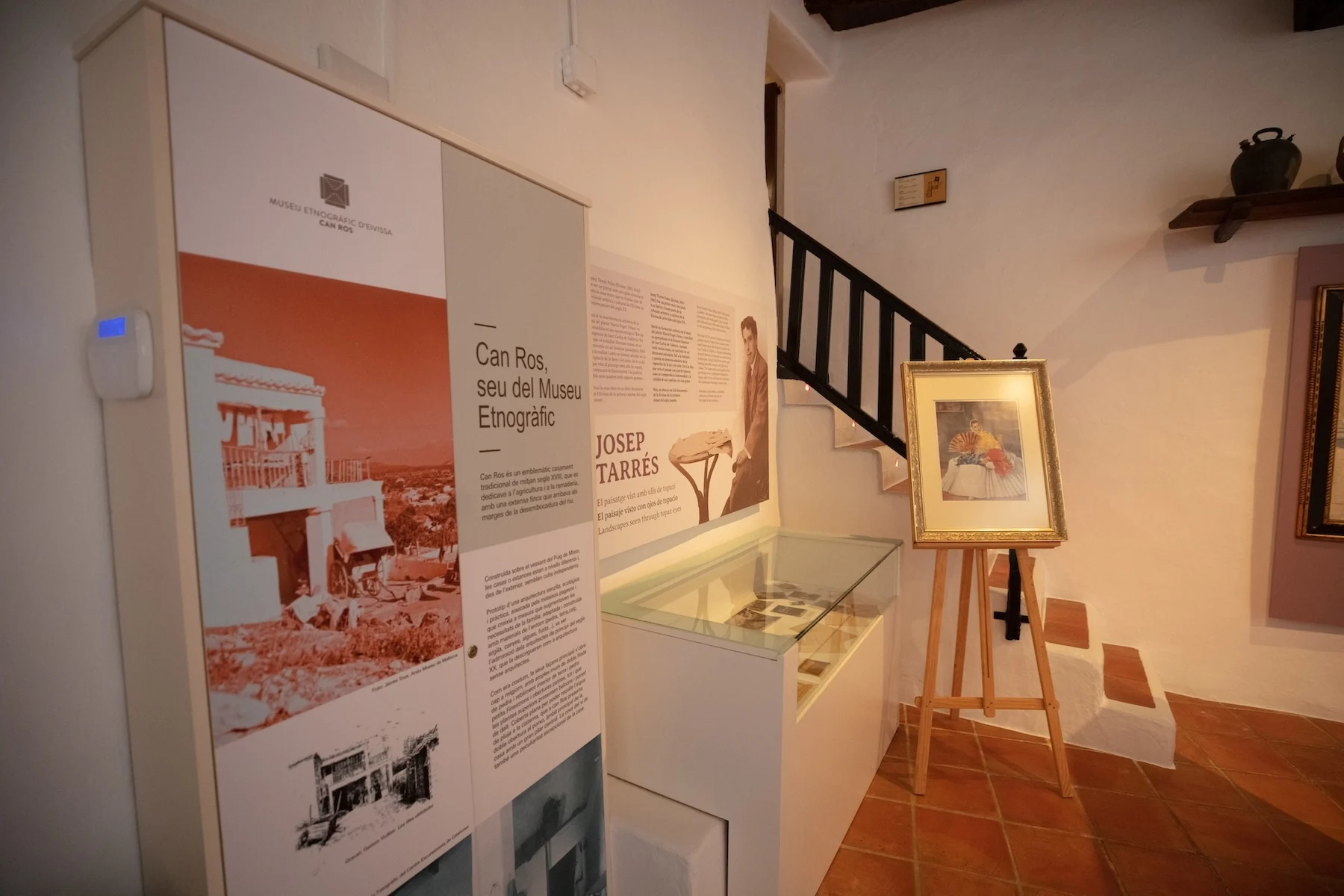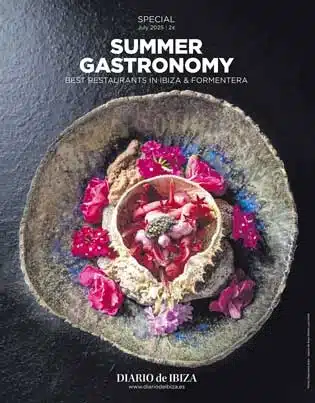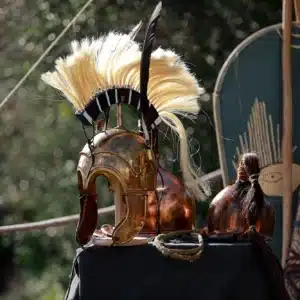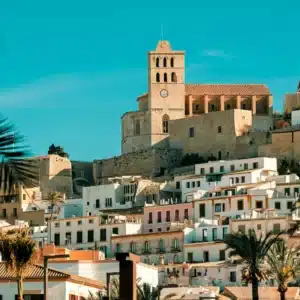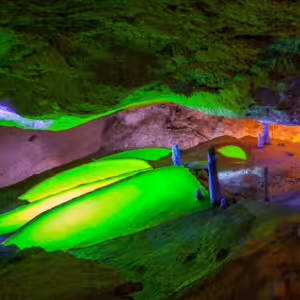Nestled in the picturesque village of Santa Eulària des Riu, the Ibiza Ethnographic Museum is a hidden gem offering visitors a glimpse into the traditional rural life of the island before the arrival of mass tourism.
The museum is housed in Can Ros, a beautifully restored rural home located on the summit of Puig de Missa, a historical site with breathtaking views of the surrounding area. The museum is a must-visit for those looking to explore the authentic cultural heritage of Ibiza, far from its modern party scene.
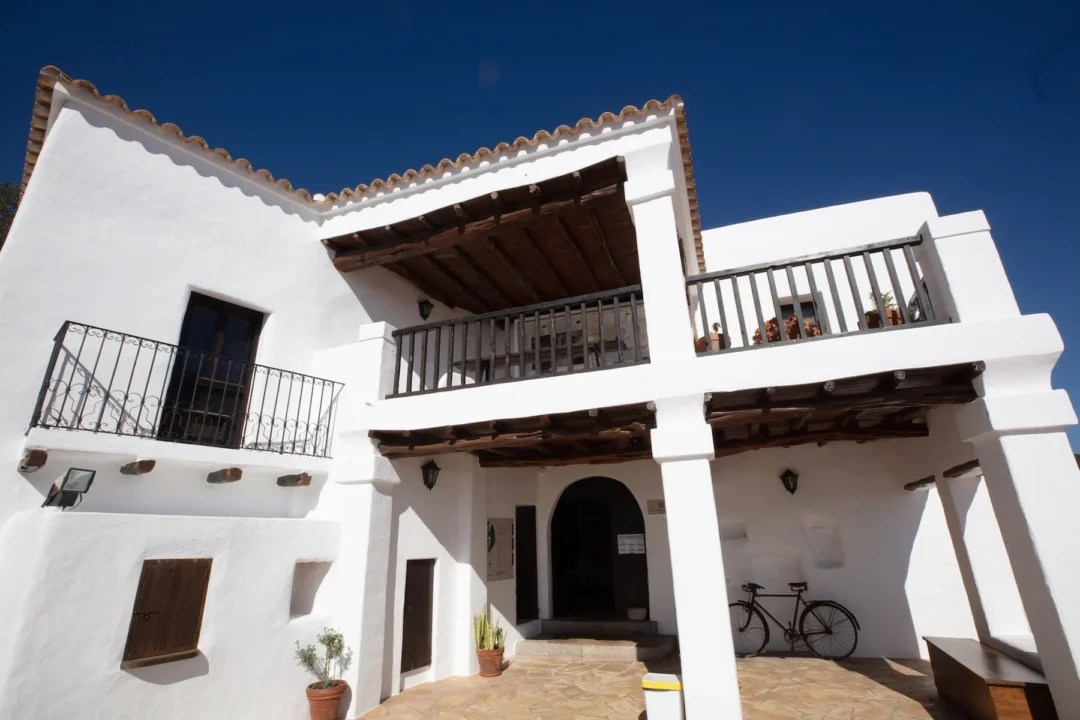
A step back in time
The Ibiza Ethnographic Museum is dedicated to preserving and showcasing the island’s rural customs, focusing on the tools, attire, and everyday items that were central to the traditional way of life. Through its carefully curated exhibitions, visitors can see ancient farming and fishing equipment, handwoven clothing, jewellery, and musical instruments. These artefacts, many dating back centuries, offer a window into how the island’s inhabitants lived before Ibiza became a global tourism hotspot.
One of the highlights of the Ibiza Ethnographic Museum is its collection of traditional Ibizan costumes, such as the ‘gonella‘, a dress worn by women during special occasions. The accompanying jewellery, known as ’emprendada‘, often made of gold, was passed down through generations as heirlooms. These garments and accessories reveal the importance of craftsmanship and family traditions in the local culture.
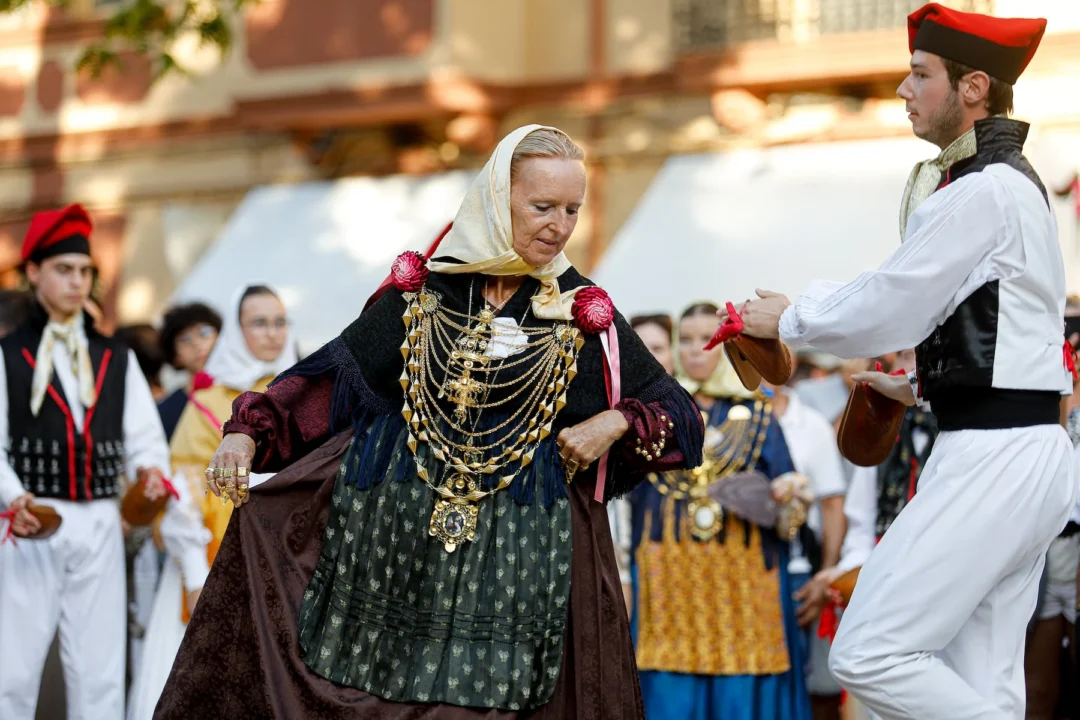
The rural economy and crafts
A visit to the Ibiza Ethnographic Museum also uncovers the island’s traditional agricultural practices. The museum features an old oil mill, or ‘trull‘, used to press olives, and a wine cellar, complete with equipment such as the ‘premsó‘, illustrating how wine and oil were integral to the daily life of the Ibizan peasants. These exhibits demonstrate the hard work involved in sustaining life on the island, where the domestic economy was heavily reliant on agriculture.
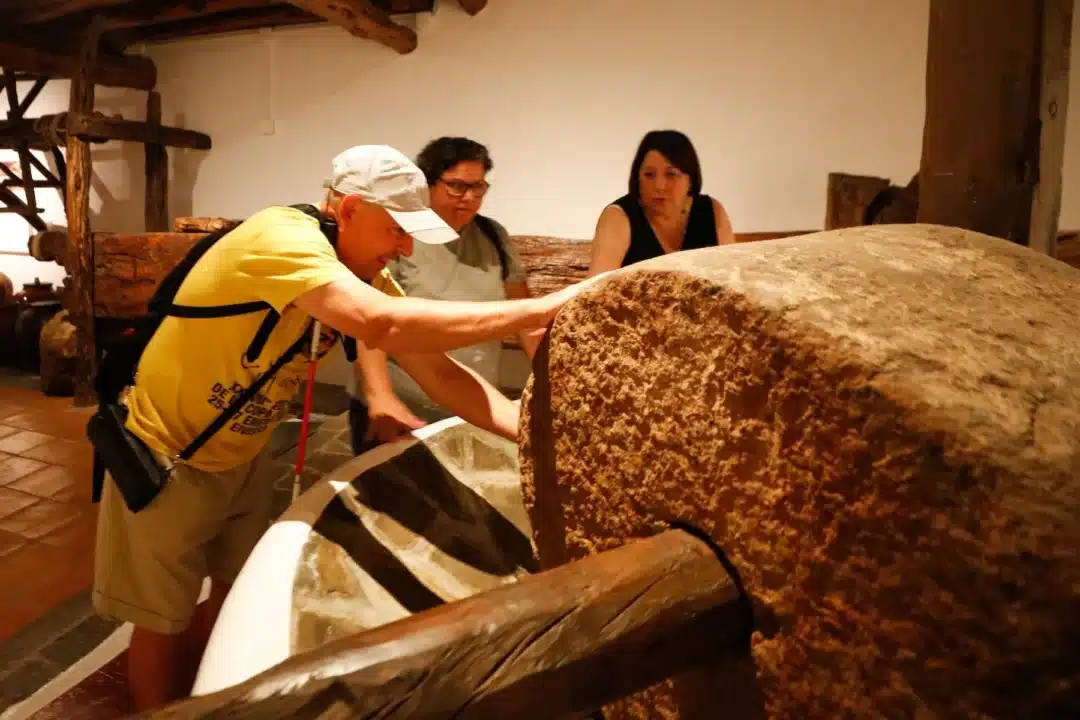
In addition to the agricultural exhibits, the museum also showcases the artistry of the islanders. Traditional musical instruments, like flutes and drums used in folk dances, and hand-carved tools are on display, revealing the deep connection between the Ibizan people and their crafts. Each object tells a story of resourcefulness and creativity, reflecting a way of life that valued sustainability long before it became a global concern.
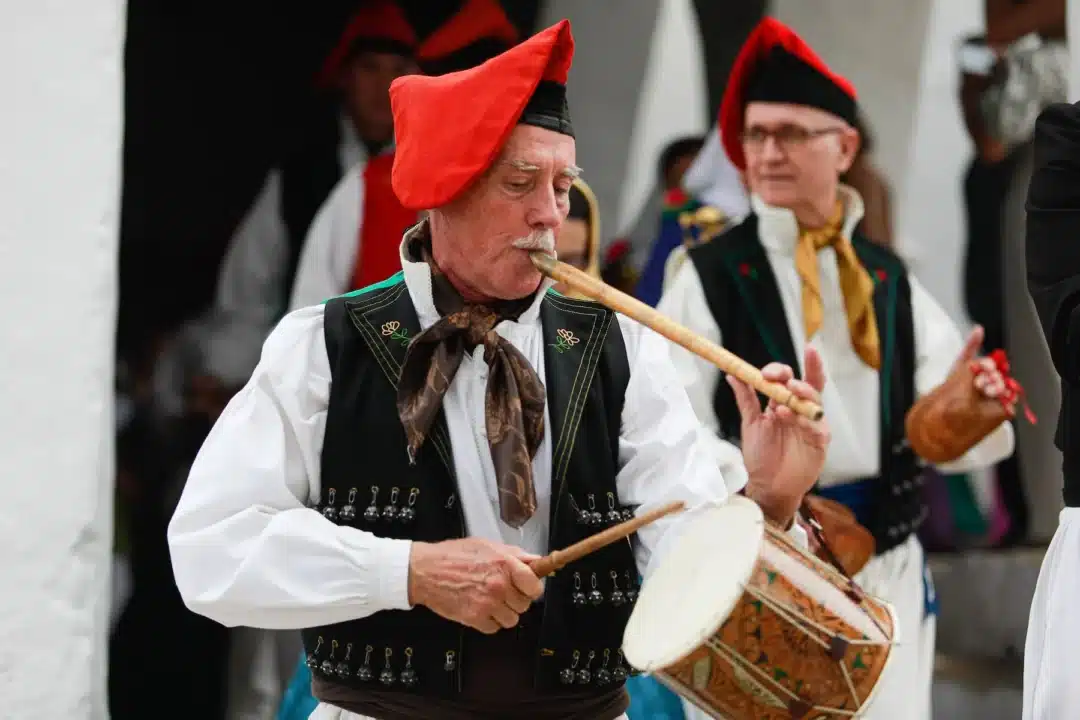
The Puig de Missa experience
The museum’s location at Puig de Missa adds another layer to the visitor experience. The Puig de Missa Church, a 16th-century fortified church nearby, offers a striking backdrop.
Originally built to defend the area from pirate raids, the church is an iconic part of the landscape, symbolising the resilience of the Ibizan people throughout history. After exploring the museum, visitors can take a short stroll to the church and enjoy panoramic views over the valley of Santa Eulària, making it a perfect spot for photography enthusiasts.
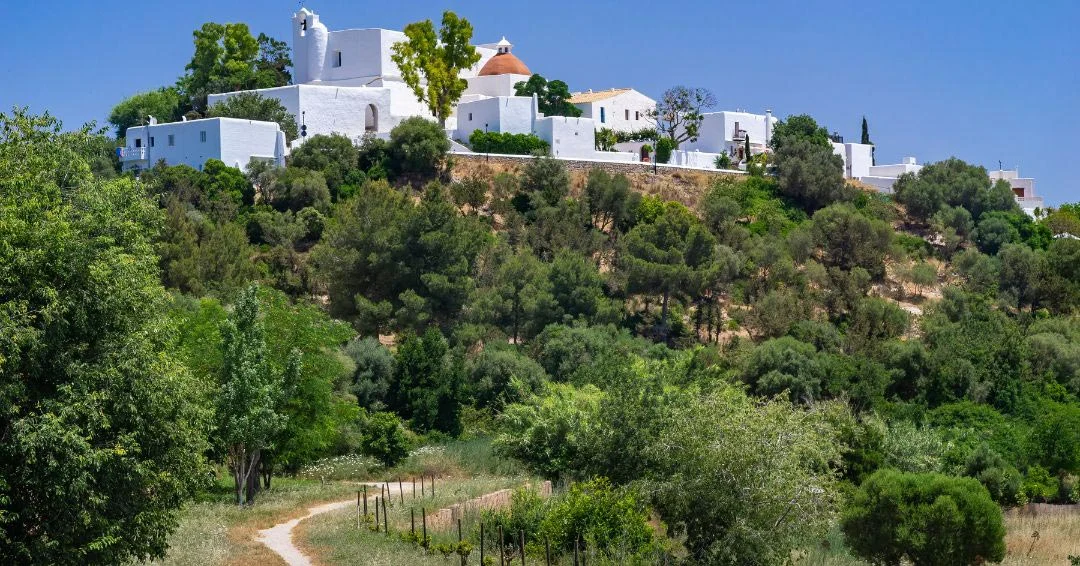
Visiting the Ibiza Ethnographic Museum
The Ibiza Ethnographic Museum is open year-round, though its hours vary by season. From April to September, it is open from 10 am to 2 pm and 5:30 pm to 8 pm on weekdays, with shorter hours on Sundays.
During the winter months, from October to March, it operates from 10 am to 2 pm, with Sunday hours continuing from 11 am to 1:30 pm.
The museum is closed on Mondays and public holidays, so it is recommended to plan your visit accordingly.
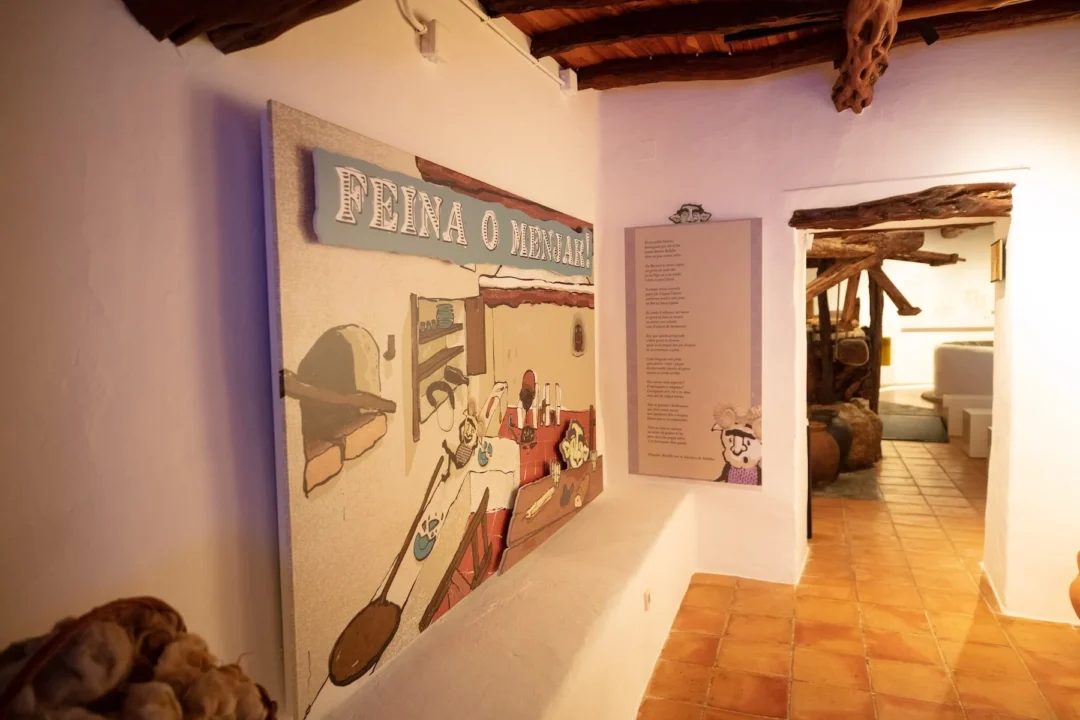
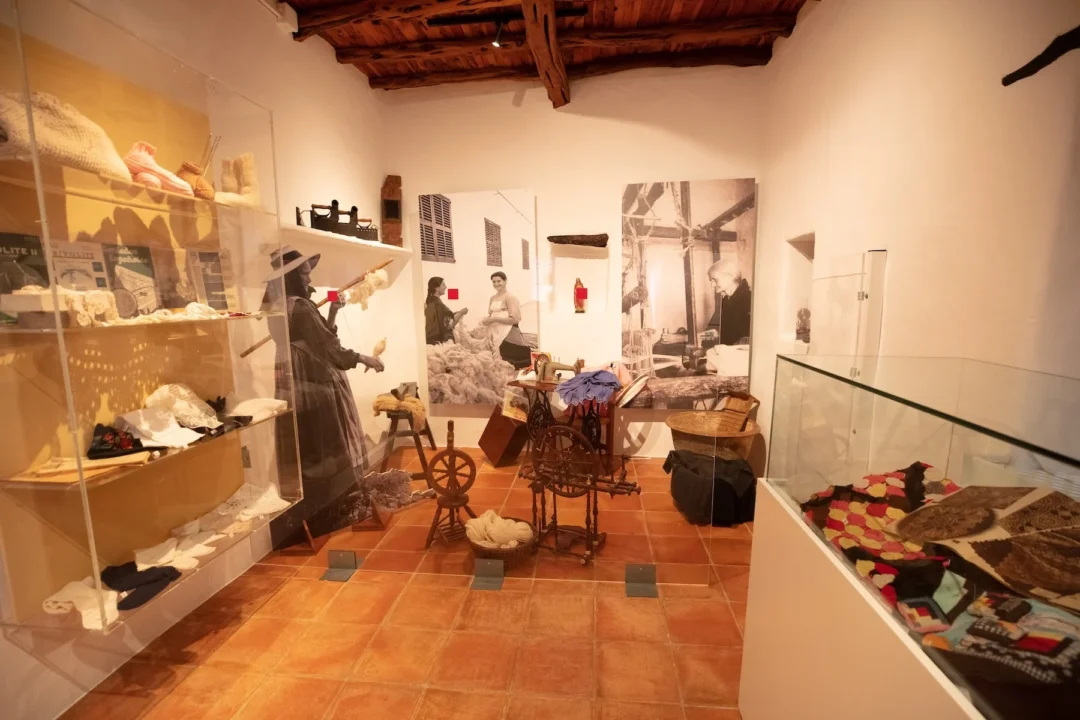
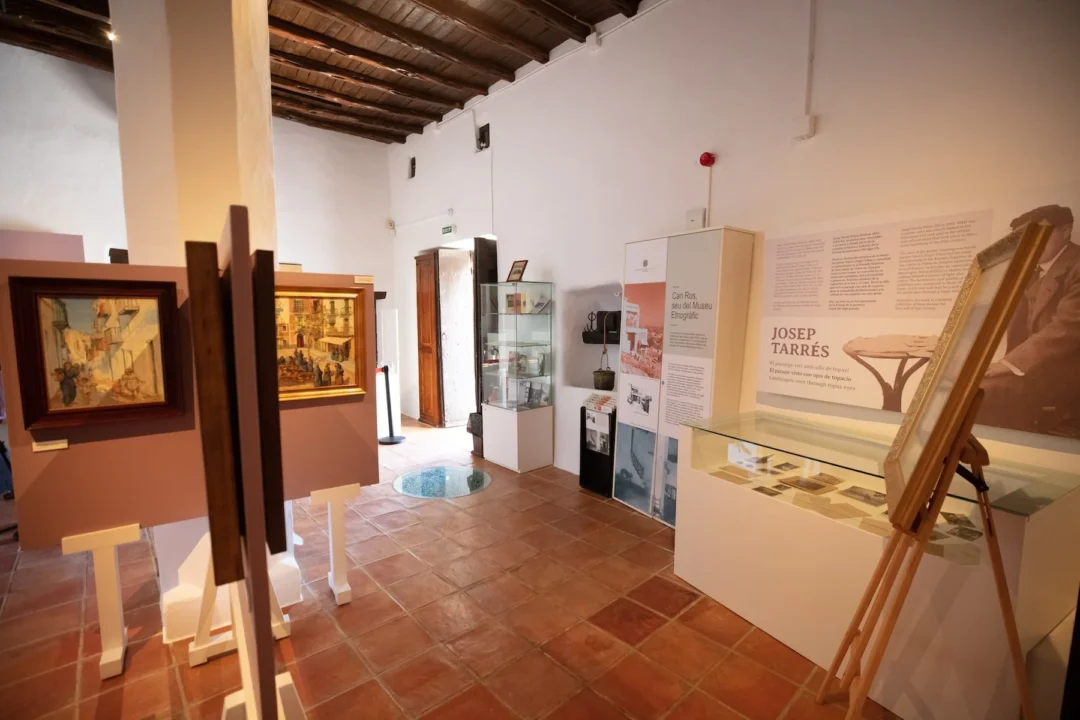
Why you should visit
The Ibiza Ethnographic Museum offers a refreshing contrast to the island’s well-known nightlife and beach scenes. It is a place where history, culture, and tradition come together, allowing visitors to understand the roots of the island’s rich cultural tapestry. Whether you’re a history buff, an art lover, or simply curious about the island’s past, a visit to this museum provides a deep appreciation for the resilience and creativity of Ibiza’s rural communities.
For those who want to see a side of Ibiza that goes beyond its beaches and clubs, the Ibiza Ethnographic Museum is a must-see destination. Its exhibits provide a thought-provoking journey through time, and the setting at Puig de Missa offers a serene and beautiful environment to reflect on the island’s rich history.
